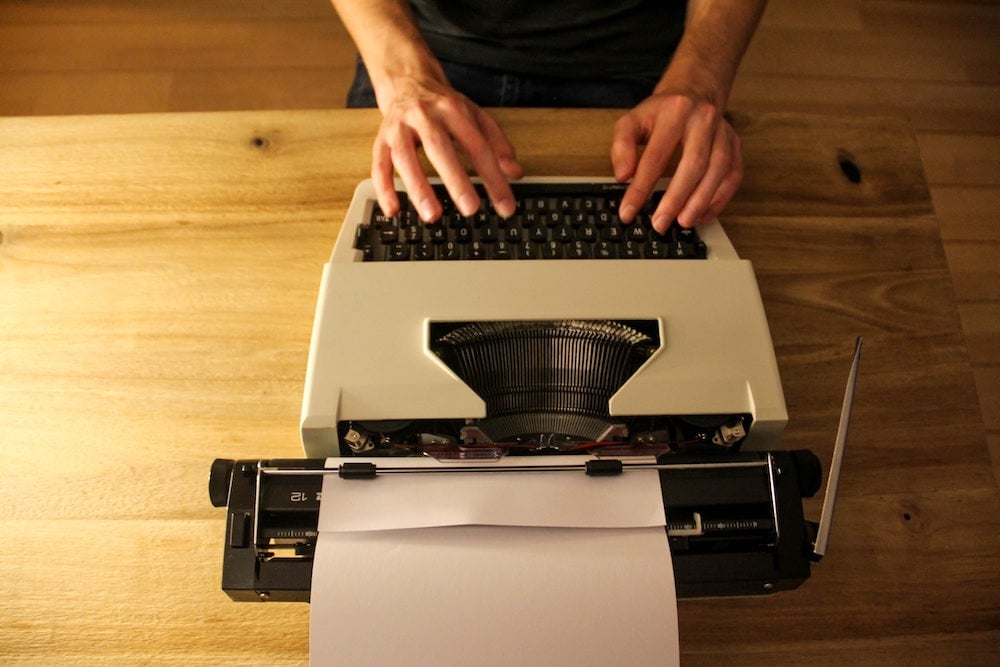Do you need TV menus in your dispensary?
Do you really need TV menus in your dispensary? It depends! See the arguments for and against TV menus to help make your own decision.
Dispensary paper menus are expensive, time-consuming, and risky. Learn 8 reasons to quit printing menus at your cannabis retail store.
In reality, printing menus is costly and risky, especially in the cannabis industry with rapidly-changing product inventory.
Here’s why you should stop printing paper cannabis menus.
The most obvious literal expense is paper, ink, and a quality printer (per store). These expenses may seem minimal, but if you’re printing menus at least once per day per store, it can quickly become a significant line item in your budget.
The other significant expense is human resources.
Printing menus is time consuming, requiring time from at least one person per store per day. Let’s look at the true cost of paying someone to do the manual, data-entry work of making cannabis paper menus.
One staff member ($20/hour) x 30 mins/day = $300 per month per store
And this is at minimum. If you want truly accurate menus, it’ll take even more time and/or more re-prints per day.

Even with every best effort, it’s unlikely that your printed cannabis menus will ever truly be accurate.
Here’s some common menu errors:
Paper menus introduce doubt. Customers have been trained by other industries to not believe paper menus – unconsciously we know it’s probably incorrect.
The only way to keep your menus up-to-date, without having a POS-integrated digital menu system, is to manually update and re-print your menus every time something changes. If that’s your strategy, go back to the equation earlier and triple it. This isn’t a scalable solution.
Integrations have streamlined work. Instead of doing manual data entry, literally copying from one place and pasting into another with a high risk of human error, we now can use technology to transfer information and details.
Paper menus aren’t automated. They require someone to physically enter your product inventory every day, and make every tiny update one-at-a-time.
The risk here is obvious. People make mistakes, especially with tedious tasks. Save yourself and your team time and stress by using integrations with your cannabis POS to automate your menu process.

Every dispensary owner and operator talks about customer service. But what service really means is experience. You want your customers to have a safe, pleasant consumption experience, but you also want them to come back to buy your cannabis products again.
But here’s the thing: Paper menus often create poor experiences for cannabis consumers.
Here’s a couple risky scenarios:
At the end of the day, inaccurate information will alienate customers. And if they lose trust in your business, they won’t come back.
Inventory teams work hard to find new cannabis products and create a thoughtful mix of product types and brands. And they’re ordering in quantities that ensure all products are sold (nothing is wasted), without running out of stock.
This takes a lot of time, research, and strategy to get it right and be profitable.
Paper menus at your dispensary could be inadvertently jeopardizing your inventory team.
For example, if new products don’t get added to your printed menus, no one will know you have them. Your inventory team will assume your customers aren’t interested in that brand/flavor/type, when in reality, they just didn’t know.
Yes, some paper cannabis menus look clean and modern. But that’s the exception, not the norm.
Generally paper menus aren’t all that appealing. They are unprofessional and actually make your store seem outdated. As the cannabis industry evolves, store design is out ahead of the curve. Modern, sleek, and beautiful dispensary floor plans are no place for sticky, crumbled messes of white printer paper.
Even more tactically, paper menus are flimsy. They easily tear, stain, or dent, making them look old and worn. Printing every day may limit this, but it’s still a risk.

The sheer time and human-power it takes to print menus daily is one factor. Every time your go-to menu person leaves – which is often considering dispensary retention is worse than most industries – you have to train someone new.
Printed menus are undoubtedly a trend that will go away. We’re seeing it already in new markets hyper focused on store aesthetics.
But another place to look is restaurants. Every restaurant, bar, and coffee shop had printed menus until COVID revitalized the QR code. While some brought back the paper menu, many did not, as QR codes became familiar and efficient.
Marketing teams spend a significant amount on branding for your dispensary – colors, fonts, art, paint, flooring, display cases, furniture, clothing, exterior signage, and more. They also oversee your digital brand – social media, website, press, customer communications, etc.
They plan each activity to create a congruent experience at every touch point.
Paper menus, when done well, can fit into your brand or store aesthetic. But more often than not, they become a distraction.
And perhaps the biggest risk is when individual store employees are responsible for creating printed dispensary menus. If the brand guidelines aren’t known, understood, or followed, you’re left with a customer-facing document that isn’t on brand.
While paper cannabis menus may seem like the cheaper or easier option, they actually cost you more.
What’s the alternative? Digital menus.
Seed offers POS-integrated cannabis menus on TVs, iPads, and touchscreens. Create beautiful, functional menus that are always accurate and enhance your brand.
With our backend tool, Seed Manager, one staff person can manage every screen at every store from anywhere to create a consistent experience for your customers.
Do you really need TV menus in your dispensary? It depends! See the arguments for and against TV menus to help make your own decision.
TV menus are valuable real estate. We break down the pros and cons of ads on your dispensary digital signage.
Learn exactly how Seed TV Menus work to display your dispensary’s product menu and promotional images, videos, or gifs.
Schedule a demo to see how Seed Technology can help you achieve your retail goals
LEARN MORE